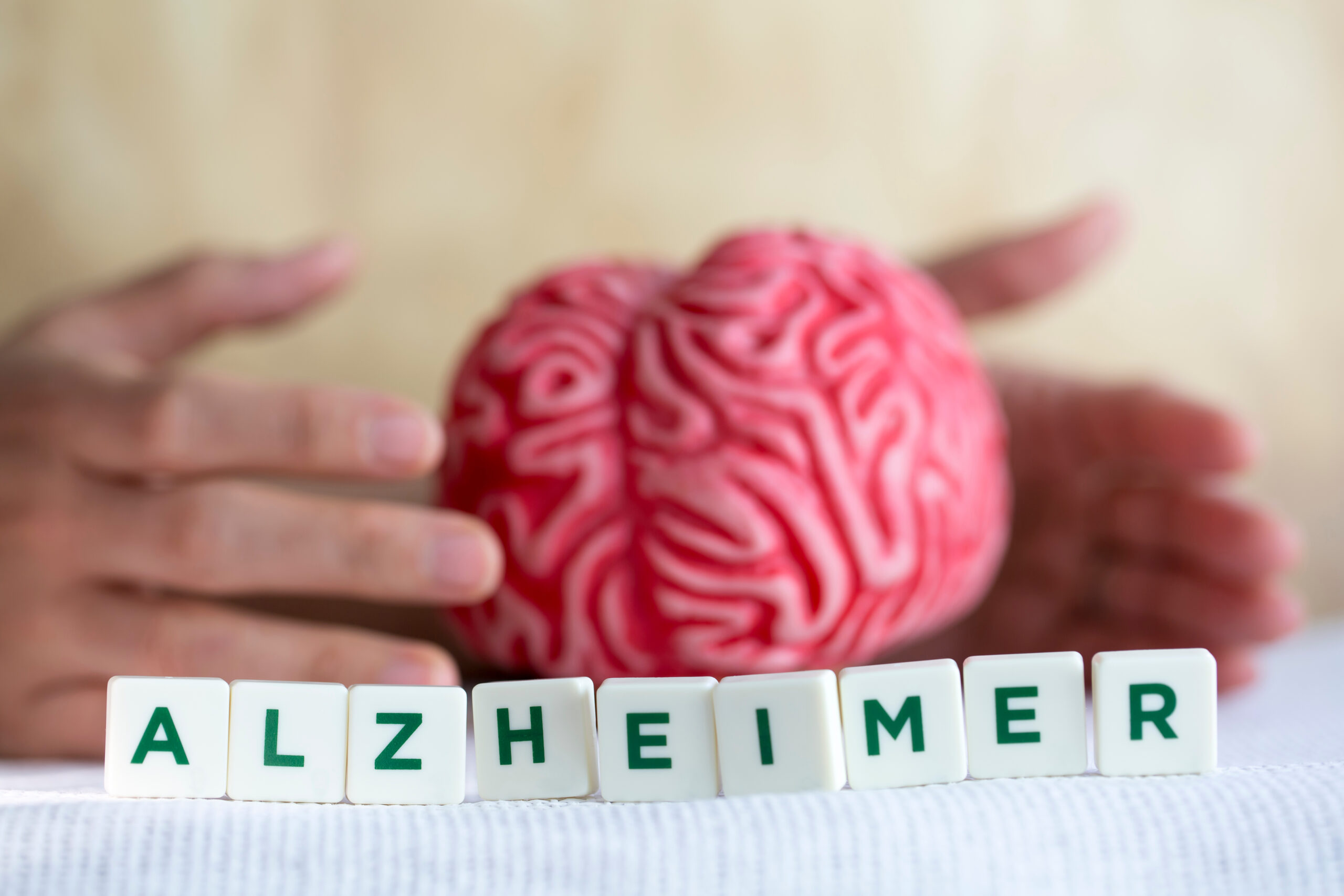Why Your Pet Could Detect Dementia Before You Do
**Why Your Pet Could Detect Dementia Before You Do**
Dementia is a condition that affects memory, thinking, and behavior. It can be challenging to diagnose because the symptoms can be subtle and may not be immediately noticeable. However, there is a surprising way that some people might find out they have dementia before they even realize it themselves: their pets.
### How Pets Can Detect Changes
Pets are incredibly perceptive animals. They live in the moment and are highly attuned to their surroundings and the people around them. If you have a pet, it might notice changes in your behavior or physical condition before you do. Here are some ways your pet could detect dementia:
1. **Changes in Behavior**: Pets often rely on routine and familiarity. If you start doing things differently or forget important tasks, your pet might notice. For example, if you usually take your dog for a walk at the same time every day but forget one day, your dog might be confused and anxious.
2. **Physical Changes**: Pets can sense physical changes such as weight loss, fatigue, or difficulty moving. If you’re experiencing these symptoms due to dementia, your pet might pick up on them.
3. **Emotional Changes**: Pets are very sensitive to emotional changes. If you’re becoming more forgetful, anxious, or irritable, your pet could sense these changes and become more clingy or protective.
### Why Early Detection Matters
Early detection of dementia is crucial for several reasons:
1. **Treatment Options**: The sooner dementia is diagnosed, the sooner treatment can begin. Early intervention can slow down the progression of the disease and improve quality of life.
2. **Lifestyle Changes**: Knowing you have dementia allows you to make lifestyle changes that can help manage the condition. This includes maintaining a healthy diet, staying physically active, and managing stress.
3. **Support Systems**: Early detection gives you time to build a support system. This could include family members, friends, or professional caregivers who can help with daily tasks and provide emotional support.
### What to Do If You Suspect Dementia
If you suspect that you or a loved one might have dementia, it’s essential to seek medical attention. Here are some steps you can take:
1. **Consult a Doctor**: Visit your primary care physician or a specialist in neurology or geriatrics. They will perform a comprehensive evaluation, including cognitive tests and medical history.
2. **Get a PET Scan**: An amyloid PET scan can help detect the presence of amyloid plaques in the brain, which are associated with Alzheimer’s disease, the most common form of dementia.
3. **Combine with Other Tests**: While a PET scan is useful, it should be combined with other diagnostic tools like cognitive evaluations and health history assessments to get a complete picture.
### Conclusion
Pets can be our best friends and also our earliest detectors of health changes. If you notice any unusual behavior from your pet that might indicate you or a loved one has dementia, don’t hesitate to seek medical attention. Early detection is key to managing dementia effectively and improving quality of life.
Remember, it’s never too late to start taking steps to protect your brain health. By being aware of the signs and symptoms of dementia and seeking help early, you can make a significant difference in your journey with this condition.





